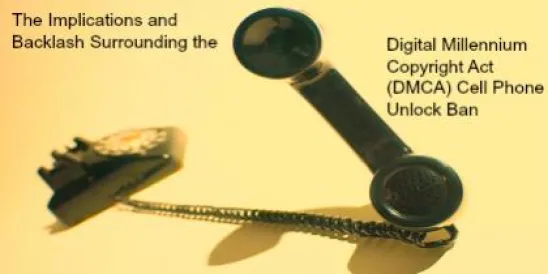Darrell Stamper, proceeding pro se, alleged that Medicredit, Inc. made fifteen telephone calls to his home phone number, seeking to collect a debt. Stamper v. Medicredit, Inc., No. 7:18-1407-BHH-KFM, 2019 U.S. Dist. LEXIS 77733, at *3 (D.S.C. Mar. 27, 2019). When Stamper answered the phone and demanded that the caller “quit calling this number,” he received no response and heard only clicking or dead air. Stamper brought a claim under the TCPA, and Medicredit moved to dismiss.
First, Medicredit argued that Stamper had not adequately pleaded that it used an ATDS to place the telephone calls. This argument gained some traction because Stamper had mistakenly alleged that Medicredit had violated both § 227(b)(1)(A), which applies to ATDS calls to cellular phones, and § 227(b)(1)(B), which applies to calls to residential telephone lines “using an artificial or prerecorded voice.”
The magistrate judge untangled the mess by looking to Stamper’s response to the motion to dismiss, rather than to his pleadings. In his response, Stamper clarified that he sought relief for calls made to his residential telephone line. Despite the fact that Stamper’s pleadings referenced both his home telephone and his cellular phone—and the same pleadings alleged claims under § 227(b)(1)(B) as well as § 227(b)(1)(A)—the magistrate judge accepted Stamper’s clarification, and denied Medicredit’s motion to dismiss.
Medicredit also argued that Stamper had not established that he controlled his home phone number at the time the calls were made. Medicredit noted that, a year prior, another plaintiff, who had a home address identical to Stamper’s, had brought suit against Medicredit for calls to his “home phone.” Which of them controlled the number?
The magistrate judge once again looked to Stamper’s response to the motion to dismiss, which included an affidavit stating that Stamper had been the subscriber to his residential home number since the beginning of 2015. The magistrate judge declined to convert Medicredit’s motion to dismiss into a motion for summary judgment, and denied Medicredit’s motion in full.
Would a district court judge show similar patience to a sophisticated plaintiff represented by counsel? Experienced practitioners can guess the answer to that question. But even pros get in trouble sometimes: Remember that at least one magistrate judge is willing to consider clarifications in a well-drafted response.




 />i
/>i

